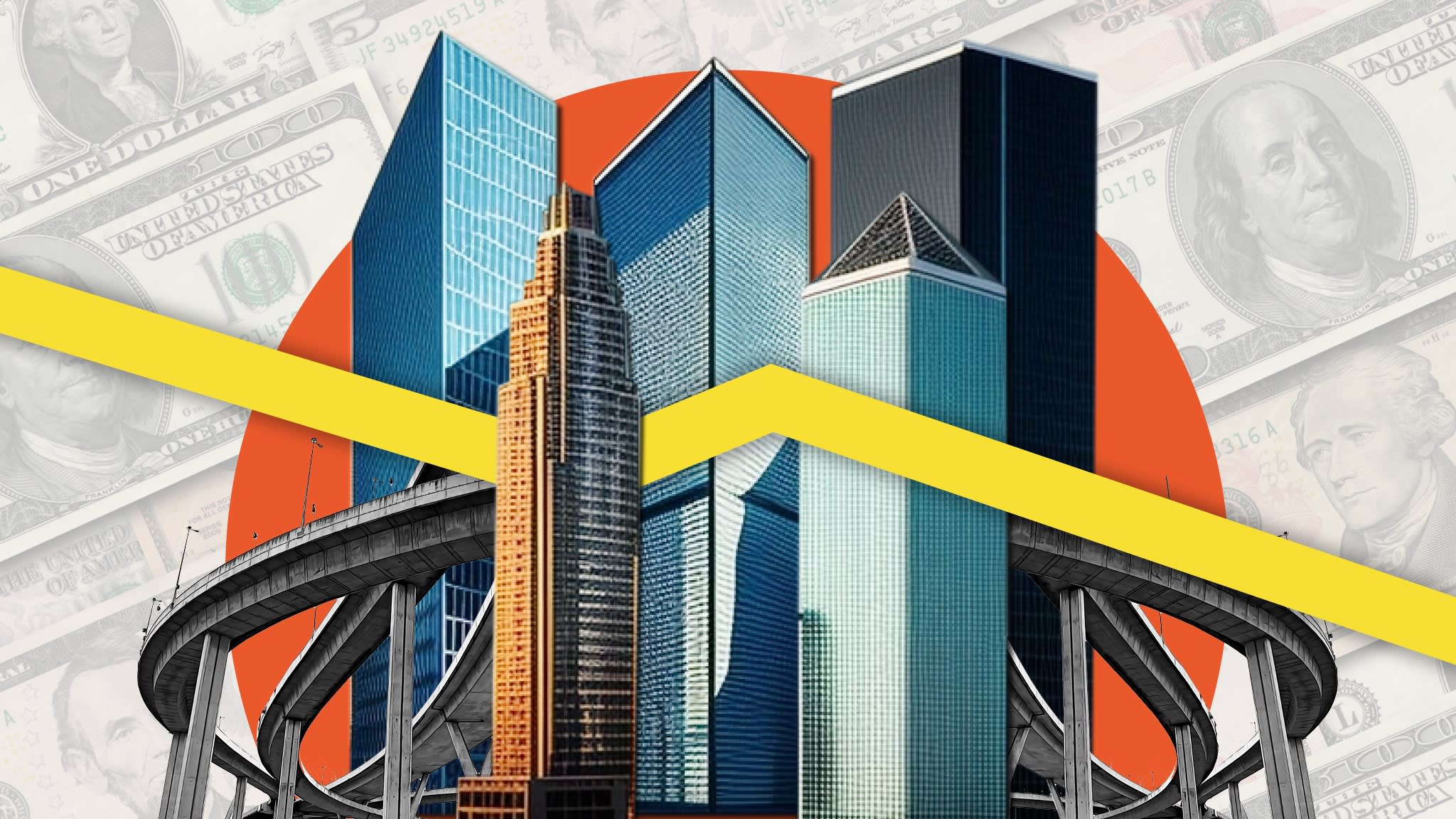US regulators crack down on private equity securitisation vehicles
US regulators are cracking down on a type of investment vehicle used by private equity groups over fears that rating agencies are downplaying the dangers of the products and exposing insurers to under-appreciated risks.
The vehicles are known as “collateralised fund obligations” and echo the “collateralised debt obligations” that played a central role in the 2008 financial crisis. They parcel up stakes in hundreds of private equity-owned companies into products that are meant to diversify risk and win stellar credit ratings as a result.
But the National Association of Insurance Commissioners is moving to take over assessment of the products for US insurers, some of the main investors in the vehicles.

Fitch and KBRA rate CFOs, and S&P Global has rated ones set up by a unit of the Singapore state-owned investor Temasek. Typically, the ratings are paid for either by the organisations that issue the CFOs or by the investors in them.
Greg Fayvilevich, a senior director in Fitch’s funds and asset management business, said that while “some of the riskier structures may fall out” he thought “more diversified, traditional” deals were likely to continue.
KBRA said it was “aware of the NAIC’s efforts” and added: “We are always transparent and welcome the opportunity to discuss our rigorous analytical approach with the market.” S&P Global Ratings declined to comment.
This story originally appeared on: Financial Times - Author:Kaye Wiggins




























